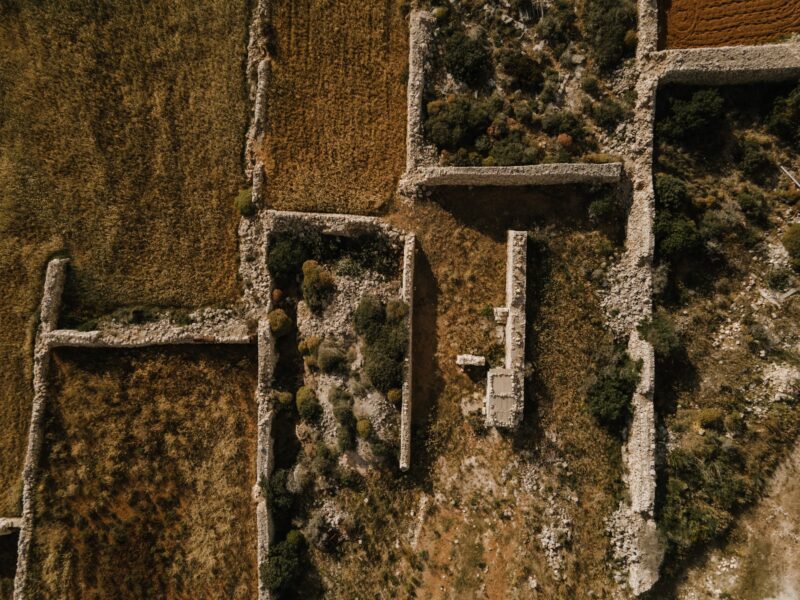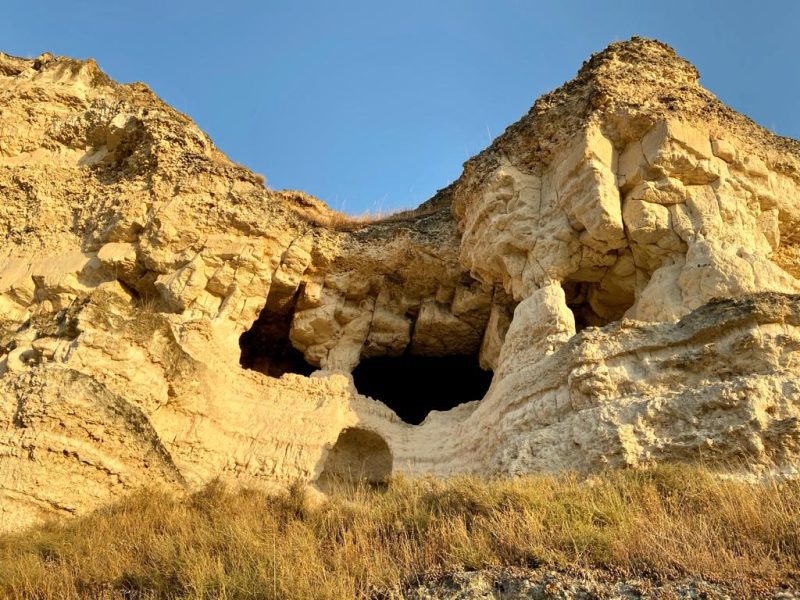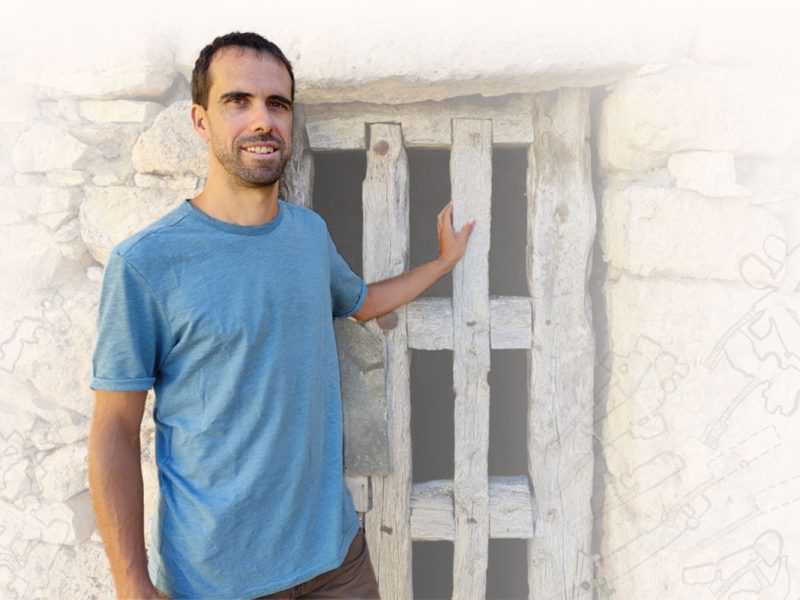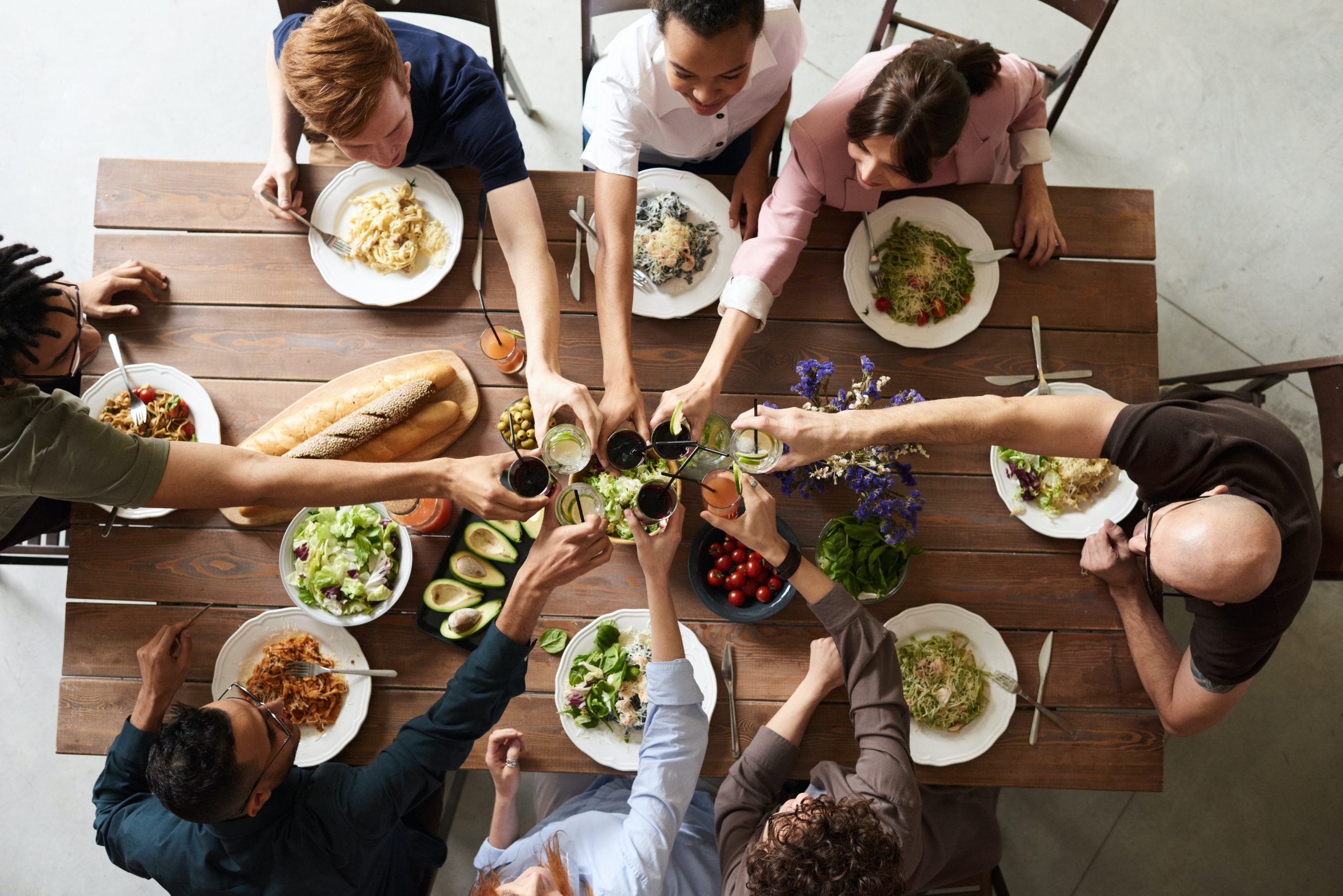

The art of making wine at home
Essential elements of home winemaking
Home winemaking can be a rewarding and fascinating experience for wine lovers and craft enthusiasts. If you are interested in delving into this exciting world, it is essential to understand the essentials you need to get started.
- Quality grapes: The heart of any good wine is undoubtedly the grape. To make wine at home, it is necessary to acquire high quality grapes. You can choose to buy them fresh or use frozen grapes or even concentrated must, depending on your availability and preference.
2. Winemaking equipment: A basic set of winemaking equipment is necessary. This includes fermenters, airlocks, a grape press (if you are using fresh grapes), a thermometer, a density meter to measure must density, and wine bottles for storage. You can find home winemaking starter kits that include most of these items.
3. Chemicals and Additives: To control the fermentation process and make sure your wine develops properly, you will need certain chemicals and additives such as yeast, sulphites for disinfection and nutrients for the yeast.
4.Time and Patience: Wine needs time to ferment, age and develop its flavours. The process can take from several months to several years. Patience is key to obtaining exceptional results.
The process of making wine at home
Once you have all the necessary elements and materials to make wine, the process of making wine can be summarised in the following steps:
Selection and preparation of grapes:
As we have mentioned before, the choice of grapes is fundamental, as it will determine to a great extent the taste and character of your wine. But the process does not stop here.
Choose ripe, high quality grapes to obtain a good tasting wine.
- Wash and disinfect the grapes to remove impurities and residues.
Destemming and Crushing:
- Remove the bunches from the grapes and crush the grapes to extract the juice (must). You can use a grape crusher or a wine press.
Fermentation:
- Transfer the must to a fermenter (a large plastic or glass container).
- Add wine yeast to the must to start fermentation. The yeast will convert the sugars into alcohol.
- Ensure a suitable fermentation temperature, usually in the range of 22-25°C .
- Use an airlock on the fermenter to allow gas release and prevent air ingress.
Pressing (Optional):
- Depending on the type of wine you want to make, you can press the bagasse (the skins, seeds and pulp) to extract more juice and flavour. This step is optional.
Transfer and Maturation:
- Transfer the wine to fermentation vessels or barrels to mature. The length of maturation varies according to the type of wine, but can last several months or years.
- During this stage, the wine develops its unique flavour and character.
Clarification:
- As the wine matures, sediment can form. To clarify the wine, you can transfer it to another vessel, avoiding transferring the sediment.
Bottling:
- When the wine is clear and has reached the desired taste, it is time to bottle it.
- Use clean, sterilised glass bottles.
- You can add potassium sulphate as a preservative if you wish
Labelling and Storage:
- Label the bottles with the variety and year of the wine.
- Store the bottles in a cool, dark place.
- The wine will continue to mature in the bottle, so let it rest before enjoying it.
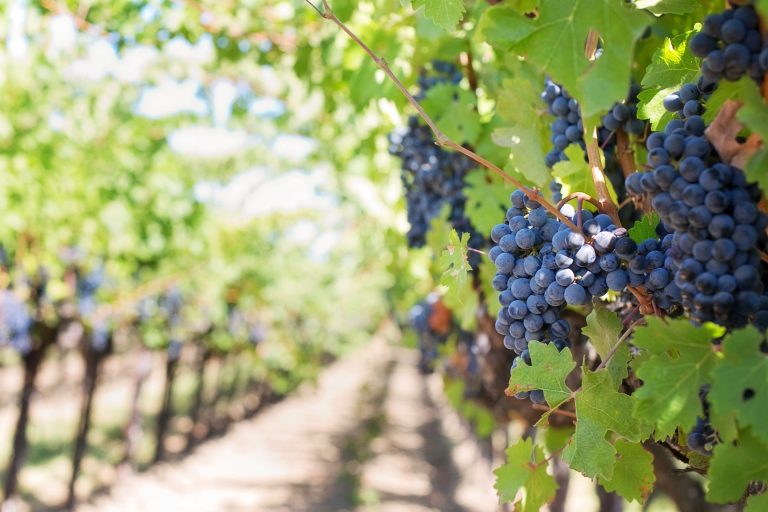

Home wine ageing : Exquisite Flavours
Home wine ageing is a process that adds depth and complexity to your wine creation, and can be a fascinating part of the home winemaking journey.
Here, we will explore wine ageing in depth in the context of home winemaking and how you can achieve exceptional flavours in your wines.
H3: The Art of Ageing:
When you think of wine ageing, the dark, dank cellars of traditional wine regions may come to mind. However, at home, you can also achieve remarkable results. Ageing is a process during which wine develops and matures in flavour and aroma. Key factors in wine ageing include:
- Type of Wine: Different types of wine benefit from different ageing periods. Robust reds tend to age better than whites, and some sweet wines can improve with decades of maturation.
- Storage Container: At home, you can use oak barrels or glass or stainless steel containers to age your wine. Each type of container brings its own nuances to the taste of the wine, so it is important to carefully consider which one is right for your specific wine.
- Storage Conditions: Environmental conditions are crucial. Wine needs a constant and adequate temperature, usually around 55-60 degrees Fahrenheit (13-15 degrees Celsius). In addition, humidity and absence of light are important factors for proper storage.
- Duration of Aging: Time is a critical factor. Ageing can last from a few months to several decades. The ideal length will depend on the type of wine and your personal preferences.
Changes in Wine:
During ageing, wine undergoes complex chemical changes that improve its taste and texture. Tannins soften, aromas blend and deeper, more complex flavours develop. However, it is important to remember that not all wines improve with ageing. Some wines, such as fresh whites and light wines, are best when consumed young.
Experimentation is key:
Ageing wine at home gives you the opportunity to experiment with different techniques and times to discover what works best for your creations. You can keep a tasting diary and conduct periodic tastings to evaluate the progress of the ageing process.
Undoubtedly, immersing yourself in the fascinating origins of wine has surely awakened in you a deeper appreciation for this ancient beverage. Now, we extend a friendly invitation to take your exploration to the next level by visiting Bodega La Olmilla. Here, in the heart of the winemaking tradition, you will have the exceptional opportunity to immerse yourself in the magic that surrounds the creation of wine.
Don’t miss this exciting opportunity to step into a world of aromas and flavours, where history and modernity converge to give you a genuinely memorable experience. You can book your visit to the winery with wine tasting through this link, by calling 689 796 521 or by sending an email to reservas@bodegalaolmilla.es. In addition, we offer options both with and without entertainment, and even with a dramatised experience. Be sure to take advantage of our attractive discounts for groups and companies. If you have any questions or need more information, please do not hesitate to contact us at info@bodegalaolmilla.es.
We look forward to welcoming you with open arms and a glass of wine in hand at La Olmilla and look forward to your visit!


